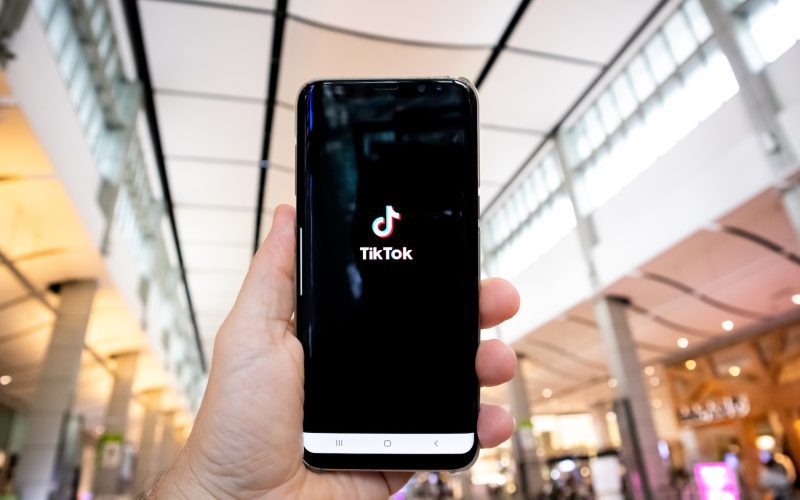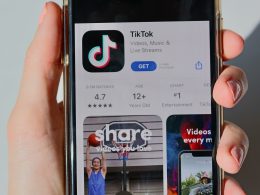TikTok, the globally renowned social media platform, is currently facing intense scrutiny as numerous countries attempt to ban or restrict its usage within their borders. What started as a viral sensation and a hub for creative expression has now become a focal point of concern and controversy for governments worldwide. This article aims to delve into the motives behind these banning efforts and shed light on the complexities surrounding TikTok’s global reputation.
At the heart of the ban attempts lies the issue of data security and privacy. As a Chinese-owned app, TikTok has long faced allegations of sharing user data with the Chinese government. Governments expressing concerns over national security, such as the United States, India, and Australia, have taken steps to restrict or ban TikTok to safeguard their citizens’ personal information and mitigate potential foreign interference.
Beyond data privacy, cultural and ideological factors have also played a role in the resistance against TikTok. Some governments perceive the app as a threat to their cultural heritage and traditional values. The rapid dissemination of TikTok’s content, often characterized by short-form videos and viral challenges, has raised concerns in conservative societies about the erosion of cultural norms and the influence of foreign content on their youth.
Furthermore, concerns related to mental health and online safety have contributed to the pushback against TikTok. The app’s addictive nature and the potential for cyberbullying have raised alarm bells among authorities. Governments are grappling with how to regulate and protect their citizens, particularly vulnerable populations such as children and teenagers, from the potential negative impact of TikTok’s unfiltered content and interactive features.
However, it is worth noting that not all countries have taken an adversarial stance towards TikTok. Many nations recognize the app’s popularity and the opportunities it presents for creativity, entertainment, and economic growth. Instead of outright bans, these countries have opted for stricter regulations and oversight. Their goal is to strike a balance between reaping the benefits of the app and addressing concerns related to data privacy and national security.
In response to the mounting pressure, TikTok has made efforts to address the concerns raised by governments and regain trust. The company has taken steps to enhance data security measures, such as establishing local data centers and partnering with third-party auditors to ensure compliance with international standards. TikTok has also implemented stricter content moderation policies and bolstered safety features to protect users from harmful content and online abuse.
The global controversy surrounding TikTok serves as a stark reminder of the intricate dynamics between technology, culture, and national interests in the digital age. It underscores the challenges governments face in navigating the fine line between fostering innovation and enforcing regulations, safeguarding citizens’ rights, and preserving cultural values. The TikTok case exemplifies the growing need for a comprehensive and nuanced approach to governing digital platforms in an increasingly interconnected world.
The ongoing debate surrounding TikTok’s ban attempts also raises important questions about the role of international cooperation and regulatory frameworks in addressing the challenges posed by global platforms. As governments grapple with these issues, there is a growing recognition of the necessity for cross-border collaboration and standardized regulations to ensure the protection of user data, privacy, and national security while fostering innovation and global connectivity.
Ultimately, the fate of TikTok in various countries will depend on the outcomes of ongoing discussions, legal battles, and the willingness of the platform to address the concerns raised by governments. As the controversy unfolds, it is crucial to strike a delicate balance that considers the interests of users, governments, and the platform itself. The banning efforts against TikTok serve as a poignant reminder of the evolving landscape of digital governance and the complex interplay between technology.












